Entertainment
Kevin Hart, Jennifer Lawrence, David Dobrik, & More Take a Lie Detector Test | Vanity Fair
Entertainment
Mission accomplished for Billie Eilish.
Entertainment
“New Year, New _____ ???”
Entertainment
Timothée Chalamet & Elle Fanning Answer Rapid-Fire Questions | Off the Cuff | Vogue
-

 Vogue5 years ago
Vogue5 years agoJazmin Bean’s “Hybrid Creature” Extreme Beauty Tutorial | Vogue
-
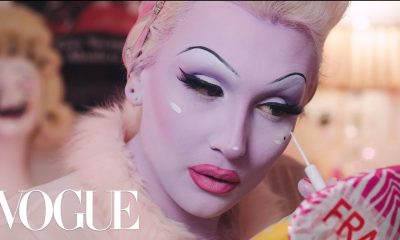
 Vogue5 years ago
Vogue5 years agoJuno Birch Breaks Down Her Alien Queen Beauty Routine | Extreme Beauty | Vogue
-

 Vogue6 years ago
Vogue6 years agoNicki Minaj on Looking Sexy But Still Camp | Met Gala 2019 with Liza Koshy | Vogue
-
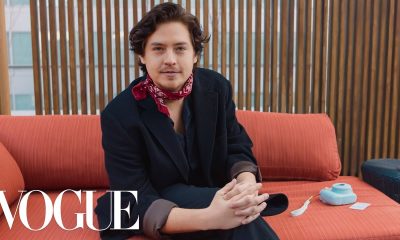
 Entertainment4 years ago
Entertainment4 years ago73 Questions With Cole Sprouse | Vogue
-
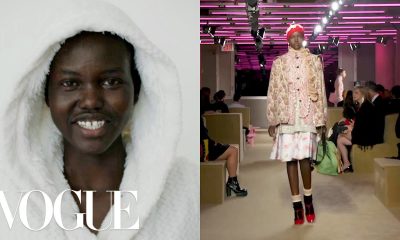
 Vogue6 years ago
Vogue6 years agoModel Adut Akech’s Prada Show Getting Ready Routine | Diary of a Model | Vogue
-
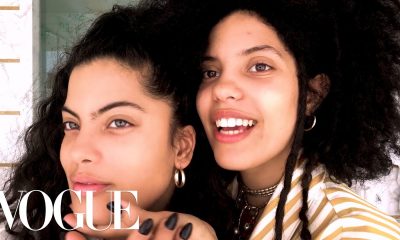
 Vogue6 years ago
Vogue6 years agoSisters Ibeyi Do Their “Going Out” Beauty Routine | Beauty Secrets | Vogue
-
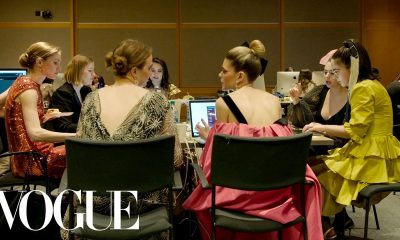
 Vogue6 years ago
Vogue6 years agoInside Vogue’s Met Gala War Room
-
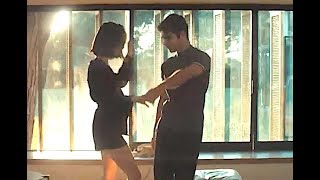
 Fashion Channel6 years ago
Fashion Channel6 years agoCASTAÑER Spring 2018 Adv Campaign – Fashion Channel












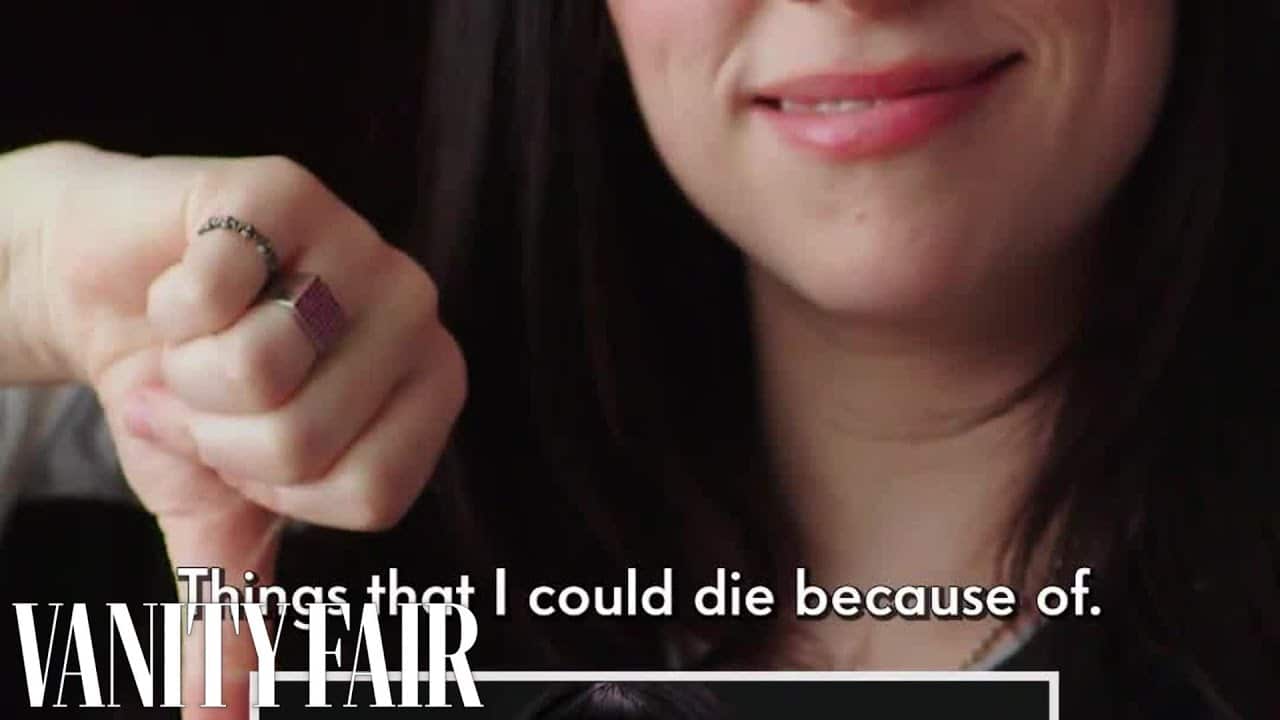
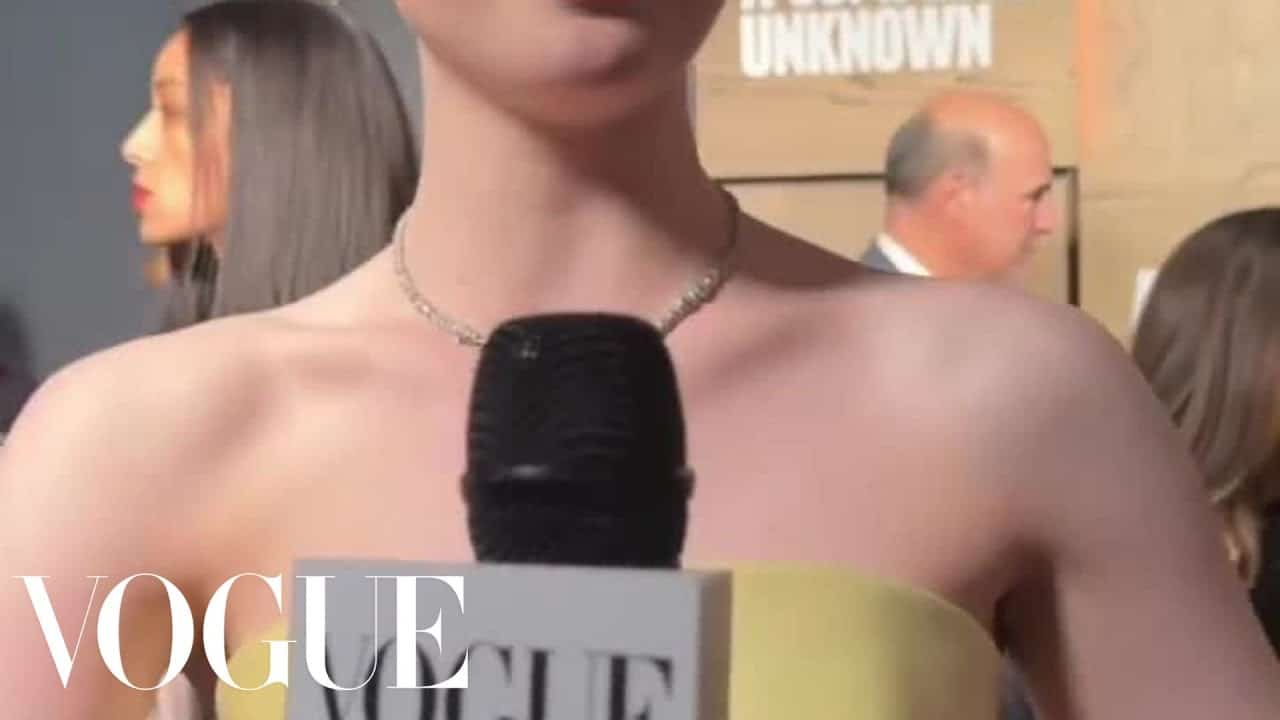
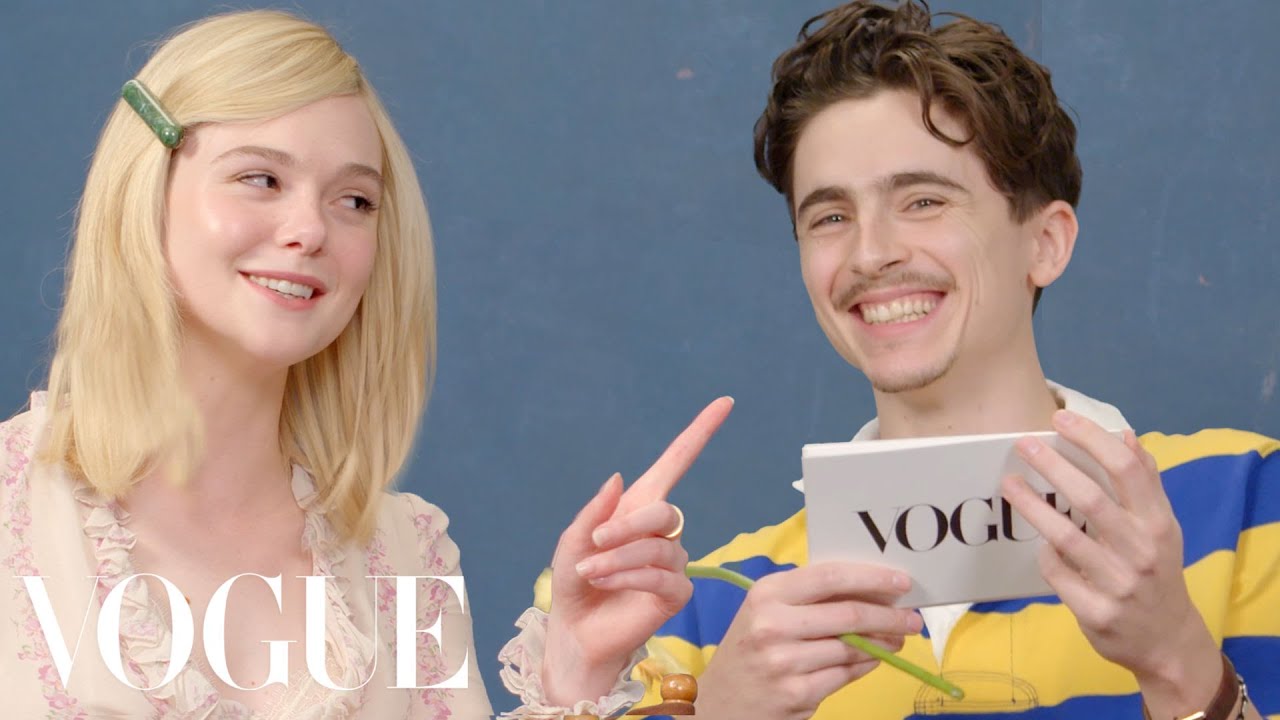


DAMANIQ PHILLIP
June 26, 2020 at 7:00 pm
Wow
DAMANIQ PHILLIP
June 26, 2020 at 7:01 pm
No lie I love this
ThatBoi
June 26, 2020 at 7:02 pm
nice
John Michael
June 26, 2020 at 7:02 pm
With every like, a puppy gets a hug 😂
⬇
cloe ferlyn
June 26, 2020 at 7:02 pm
came here for David 🙈😳✨
John Michael
June 26, 2020 at 7:05 pm
Same😂😂😂
xbajb
June 26, 2020 at 7:03 pm
Come here for Jennifer Lawrence 🙈
Ryan McNeill
June 26, 2020 at 7:03 pm
If no one has approached Ben Stiller and Robert De Niro to do this, Vanity Fair should be shut down
John Michael
June 26, 2020 at 7:04 pm
I just watched meet the parents yesterday😂😂😂
Hana C Rowberry
June 26, 2020 at 7:12 pm
if a married couple use it and say: do you love me? then: yees i do results: LIE
Hana C Rowberry
June 26, 2020 at 7:13 pm
wait a minute…. why are they fillmng durin the pandemic?
Christopher Walker
June 26, 2020 at 7:17 pm
“Most psychologists agree that there is little evidence that polygraph tests can accurately detect lies.”
https://www.apa.org/research/action/polygraph
“Polygraph testing has generated considerable scientific and public controversy. Most psychologists and other scientists agree that there is little basis for the validity of polygraph tests. Courts, including the United States Supreme Court (cf. U.S. v. Scheffer, 1998 in which Dr.’s Saxe’s research on polygraph fallibility was cited), have repeatedly rejected the use of polygraph evidence because of its inherent unreliability. Nevertheless, polygraph testing continues to be used in non-judicial settings, often to screen personnel, but sometimes to try to assess the veracity of suspects and witnesses, and to monitor criminal offenders on probation. Polygraph tests are also sometimes used by individuals seeking to convince others of their innocence and, in a narrow range of circumstances, by private agencies and corporations.
The development of currently used “lie detection” technologies has been based on ideas about physiological functioning but has, for the most part, been independent of systematic psychological research. Early theorists believed that deception required effort and, thus, could be assessed by monitoring physiological changes. But such propositions have not been proven and basic research remains limited on the nature of deceptiveness. Efforts to develop actual tests have always outpaced theory-based basic research. Without a better theoretical understanding of the mechanisms by which deception functions, however, development of a lie detection technology seems highly problematic.”
Olivia Anna Carolina
June 26, 2020 at 7:18 pm
“I can’t believe I’m rich and a bad tipper” LMAO
brianna figueroa
June 26, 2020 at 7:34 pm
doctor: “you have 11 minutes and 3 seconds left to live”
me: